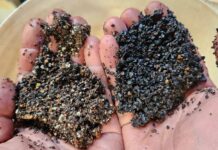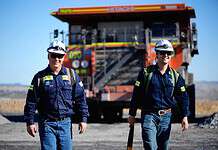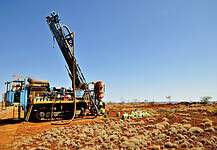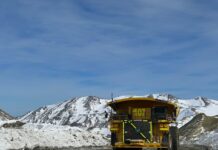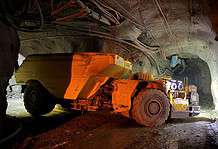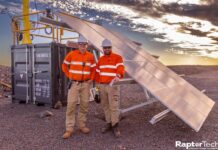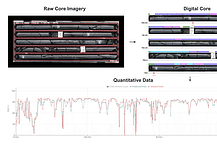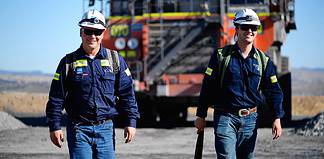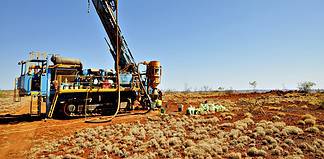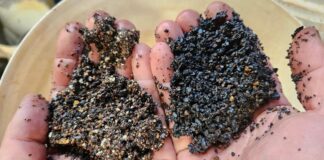Zinc and lead anomalies identified at Wellington

Coincident zinc and lead anomalies have been identified within Great Boulder Resources’ (ASX:GBR) Wellington base metals project in WA.
In October and November, 700 soil samples were collected and assayed by Intertek Genalysis in Perth. The sample coverage represents around 63% of project area, with the remaining sample locations yet to be completed.
The assays confirmed coincident zinc and lead anomalism in the northwestern and eastern areas of the project, matching the original GSWA sample data.
The zinc and lead anomalism is supported by strong pathfinder anomalism including elevated copper, cobalt, magnesium, tungsten, nickel and thallium. Furthermore, more distal anomalism was present across silver, bismuth, antimony and arsenic levels.
Sampling returned levels of up to 114 parts per million (ppm) zinc and 58.6ppm lead and the anomalism is associated with outcropping carbonate rocks.
Great Boulder managing director Andrew Paterson says this is an excellent start for Wellington.
“Our first field program at Wellington has confirmed our target model, as the first-pass soil sample data has identified large, coincident zinc-lead anomalies in three areas,” he said.
“This is an excellent start for the Wellington project, however our short and medium-term focus remains firmly set on resource growth and new discoveries at the Side Well project at Meekatharra.”
A follow-up soil sampling program will now be designed to infill the anomalous areas and improve spatial definition.
Regional mapping has also been planned to gain and understanding of the stratigraphy within the project area as this will be key to understanding the positions of target lithologies, possible aquiclude horizons and feeder structures controlling mineralisation.
Pending contractor availability, airborne gravity surveys will be undertaken in the second half of 2024.



